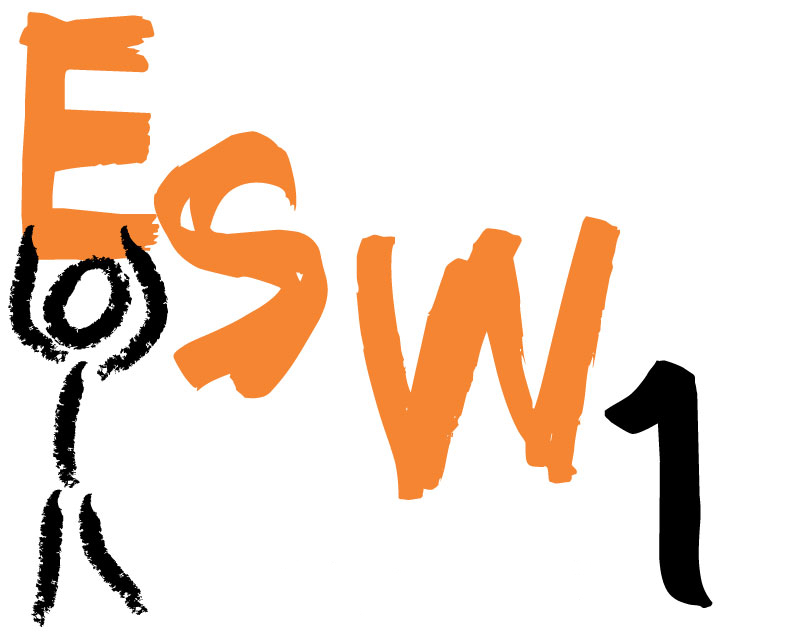How to detect that your child is being bullied
Any child can get into the situation of bullying. At the same time, parents may not even guess that their child has been the victim of an aggressive attitude from their peers. How to recognize that your son or daughter is being bullied at school? How to support your child and whether adults need to intervene in the conflict?
Bullying or baiting is aggressive persecution of one of the team members (especially the schoolchildren and students, but also colleagues) by the rest of the team members or part of it.
Face the offender
Anything can be the reason for starting such persecution. If a child is the only one in the class who listens to classical music or likes to read, it can be difficult for them to find a common language with their peers. And peers can begin to mock them. And sometimes the reason may be that the child themselves simply does not know how to put themselves in interpersonal relations.
According to the World Health Organization, 44% of children aged 11 and 27% of 15-year-olds become targets of bullying.
Parents of a child who has been harassed should remember that this can happen to every family. There is no one to blame, especially the child themselves is not guilty. However, in such a situation, mothers and fathers find it difficult to cope with strong feelings, they experience a whole range of emotions: guilt, anger, helplessness, weakness, pain, and even shame
According to the WHO, 42% of schoolchildren admit that they themselves were engaged in bullying, and 20% repeatedly
Words that must be sincerely said to a child who has become a victim of the persecution of his peers are:
- "I believe you." Thanks to this, the children will understand that parents understand their problems and are ready to help.
- "This is not your fault". This will help the child understand that they are not alone in such a situation, and many of their peers are faced with different options of intimidation or aggression at one or another moment of growing up.
- "It's good that you told me about this." This will help the child understand that they did the right thing, turning to parents for help and support.
- "I love you and try to make sure that you are no longer in danger." This will help the child look into the future with hope and feel the protection of an adult.
The support of a teacher
Trust, close relationships with parents are the only reliable protection that will allow the child to share their experiences and tell about the situation in time so that adults can help. But it is also important, to enlist the support of the teacher and solve the problem with them
Consider this example of a situation: two girls declared the third boycott. It is normal if a student has only one or two true friends. The teacher can arrange a meeting: invites the initiators of the boycott and a few more guys in a neutral position. Explaining to the children what the girl feels, he asks the children to come up with two or three possible solutions on how to reduce her suffering.
Children begin to feel the importance of their mission and are included in this project. Once a week, all participants meet and talk about their successes.
After 5-6 such meetings, the situation, as a rule, completely disappears and the environment gets more positive.
Our son, Tyler




